Guinea pigs, also known as cavies, are delightful pets that require specific care to maintain their health. One often overlooked aspect of their care is dental maintenance. Unlike many other rodents, guinea pigs have continuously growing teeth, which means proper tooth trimming is essential to prevent serious health issues. Without regular attention, overgrown teeth can lead to pain, difficulty eating, and even life-threatening complications.
Understanding the anatomy of a guinea pig's teeth is the first step in proper dental care. These small animals have four prominent incisors—two on the top and two on the bottom—along with molars at the back of their mouths. All these teeth grow continuously throughout their lives. In the wild, guinea pigs wear down their teeth naturally by chewing on fibrous vegetation, but domestic pets often lack the same opportunities for natural wear. This makes human intervention necessary to keep their teeth at a healthy length.
Recognizing the signs of overgrown teeth is crucial for any guinea pig owner. Common symptoms include weight loss despite a normal appetite, drooling, difficulty picking up food, or a sudden preference for softer foods. You might also notice your pet dropping food while eating or showing reluctance to chew. In severe cases, overgrown teeth can cause wounds in the mouth or lead to abscesses. Regular observation of your guinea pig's eating habits and occasional gentle checks of their front teeth can help catch problems early.
The process of trimming guinea pig teeth should always be approached with caution. While the front incisors can sometimes be carefully trimmed at home by an experienced owner, the molars require professional attention. Attempting to trim molars without proper training can result in serious injury to your pet. For incisor trimming, special small animal nail clippers or dental instruments designed for rodents are typically used. The key is to make clean, straight cuts without causing any fractures or splits in the teeth.
Creating the right environment for natural tooth wear is the best long-term solution. Providing unlimited access to high-quality hay should be the foundation of any guinea pig's diet, as the constant chewing action helps wear down teeth naturally. Wooden chew toys designed for small animals can offer additional opportunities for wear. Some owners find that placing food in ways that encourages natural foraging behavior also promotes more chewing activity, which benefits dental health.
Regular veterinary check-ups play a vital role in maintaining your guinea pig's dental health. An exotic pet veterinarian with experience in rodents can perform thorough oral examinations and identify potential problems before they become severe. These check-ups are particularly important for older guinea pigs or those with a history of dental issues. Your vet can also demonstrate proper tooth examination techniques and advise whether your particular pet might need more frequent dental attention.
Nutrition's role in dental health cannot be overstated. A proper diet not only supports overall health but also promotes good tooth wear. In addition to unlimited timothy hay, guinea pigs need a daily serving of fresh vegetables rich in vitamin C, as this nutrient is essential for maintaining healthy gums and preventing scurvy. However, sugary treats and excessive fruits should be avoided as they can contribute to dental problems while offering little nutritional benefit.
Special consideration should be given to guinea pigs with malocclusion, a condition where the teeth don't align properly. These animals require more frequent dental care, sometimes as often as every few weeks. Malocclusion can be hereditary or result from injury, and affected guinea pigs need lifelong management. Working closely with a veterinarian is essential for these special-needs pets to ensure they maintain a good quality of life despite their dental challenges.
The emotional aspect of dental care is often overlooked but equally important. Guinea pigs in dental distress may become withdrawn or aggressive due to pain. After any dental procedure, it's crucial to monitor your pet's behavior and provide extra comfort. Soft foods might be necessary during recovery, and you may need to hand-feed a guinea pig that's having difficulty eating. Patience and gentle handling go a long way in helping your pet through dental health challenges.
Preventive care remains the best approach to guinea pig dental health. By understanding your pet's needs, providing proper nutrition and chewing opportunities, and maintaining regular veterinary care, you can help ensure your guinea pig's teeth remain healthy throughout their life. Remember that dental health is deeply connected to overall wellbeing in these small animals, making it an essential aspect of responsible guinea pig ownership.
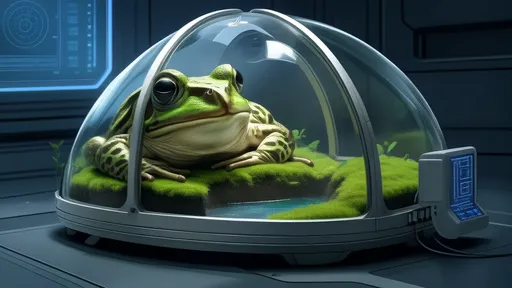
By /Jun 28, 2025
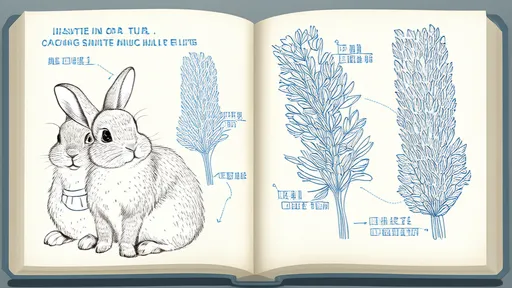
By /Jun 28, 2025
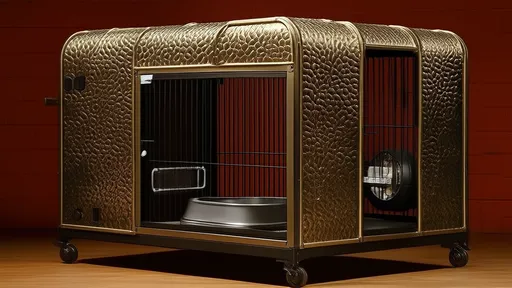
By /Jun 28, 2025
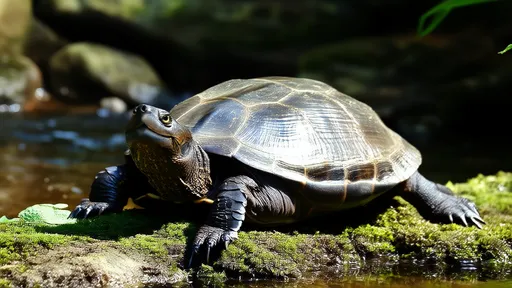
By /Jun 28, 2025
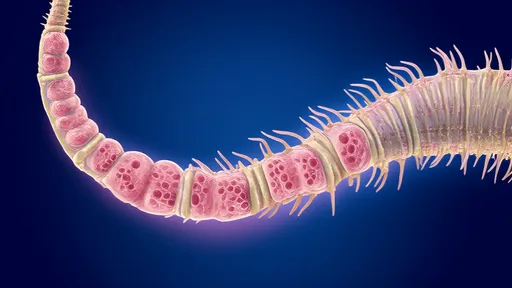
By /Jun 28, 2025

By /Jun 28, 2025
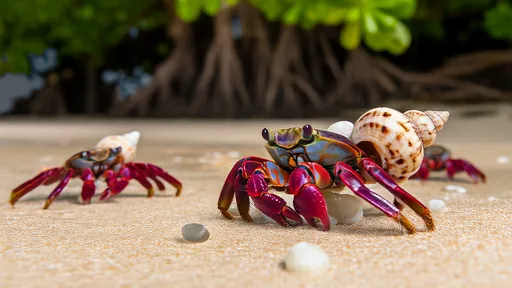
By /Jun 28, 2025

By /Jun 28, 2025
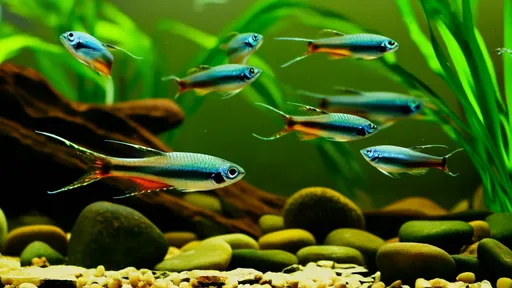
By /Jun 28, 2025
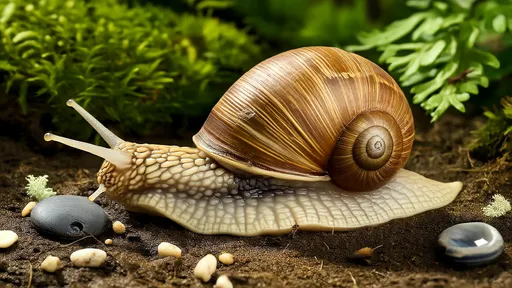
By /Jun 28, 2025
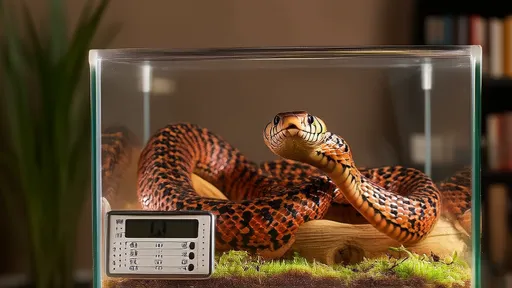
By /Jun 28, 2025
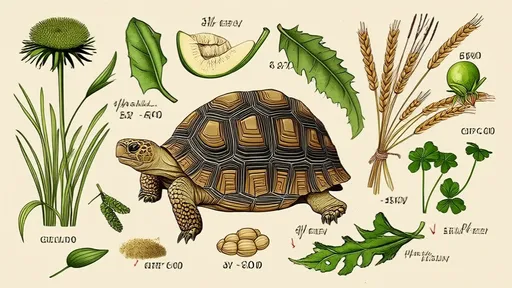
By /Jun 28, 2025
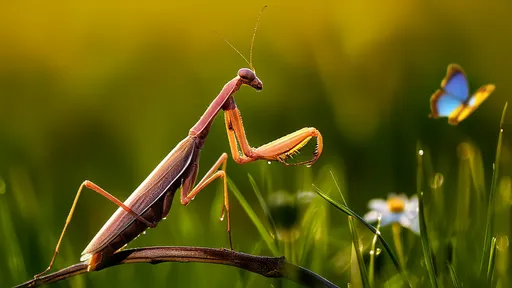
By /Jun 28, 2025
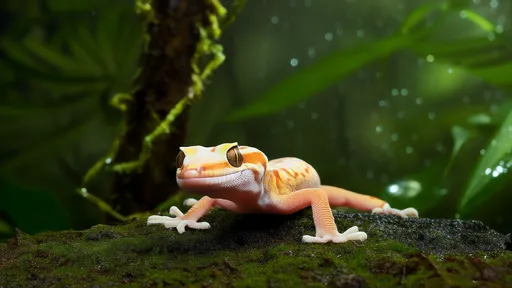
By /Jun 28, 2025
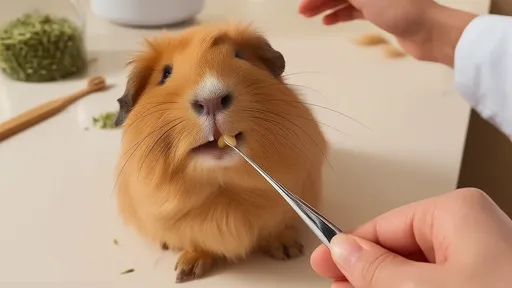
By /Jun 28, 2025
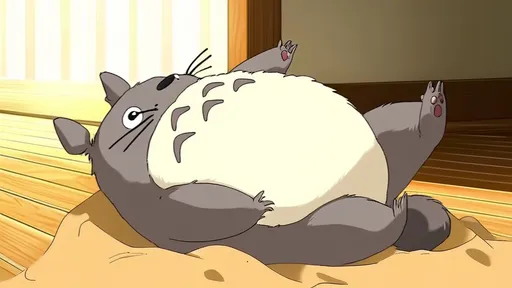
By /Jun 28, 2025